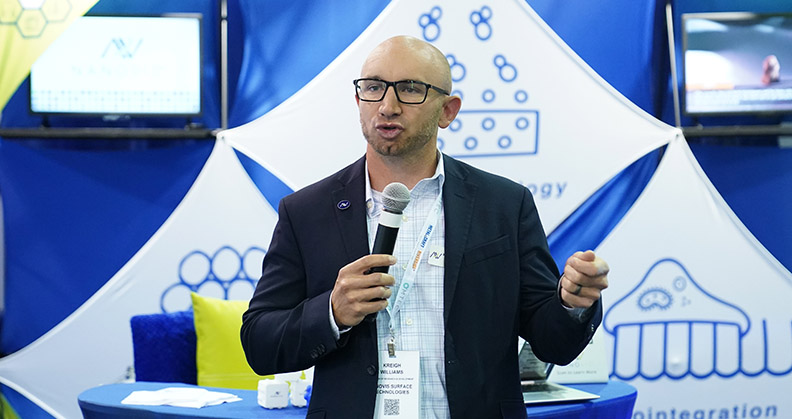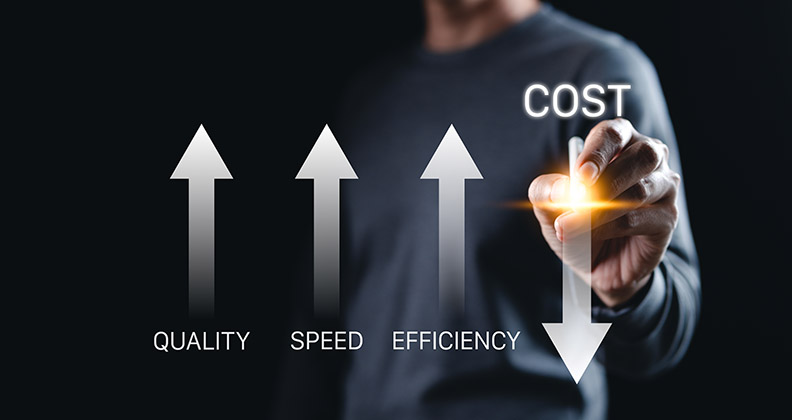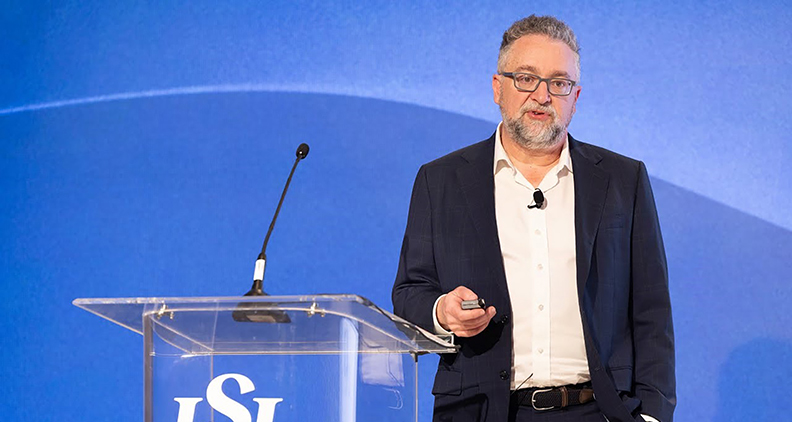
It won’t take much energy to convince executives that any effort toward staying physically fit is worth it. It’s well documented that regular physical activity improves your brain health, helps with weight management, reduces disease, strengthens bones and muscles, and improves your sleep. It can also reduce your risk of depression and anxiety.
Our physical health is intricately linked to our mental and emotional well-being. I don’t know of a leader who wouldn’t be an evangelist for staying physically fit. However, most executives tell me that they don’t have the time, energy, or, frankly, the desire to focus specific practices on being mentally fit or, even more specifically, emotionally strong.
In previous articles, Patrick Davidson made a strong case toward the importance of Transformational Leadership: leading holistically, from both the HEAD and the HEART. The by-product of Transformational Leadership is that people will follow these leaders because of WHO they are. Let’s clarify what that means. To lead from the…
…HEAD means assessing what is mentally draining, what takes more mental energy than it should, what challenges our beliefs, and what are they doing to be more REACTIVE instead of RESPONDING, etc.
…HEART means that emotions matter; in fact, we carry them in our bodies. If we don’t take time to self-assess what we are truly feeling — and most importantly, put words to these emotions — they remain buried and unattended. Negative emotions will leak, and what we leak is more pervasive than anything else we will say.
In a 1998 Harvard Business Review article (What Makes a Leader), Daniel Goleman unequivocally stated:
The most effective leaders are all alike in one crucial way: they all have a high degree of what has come to be known as emotional intelligence [EQ]. It’s not that IQ and technical skills are irrelevant. They do matter, but…they are the entry-level requirements for executive positions.
Decades later, Goleman’s words are still haunting and challenging. It begs two questions, “What are organizations doing to train ‘entry-level leaders’ in EQ skills?” and “What kind of EQ skills are required for executives well beyond entry-level?”
EQ includes “the abilities to accurately perceive emotions, to access and generate emotions so as to assist thought, to understand emotions and emotional knowledge, and to reflectively regulate emotions.”
To “accurately perceive emotions” requires a level of self-awareness that is somewhat foreign. Before you stop reading, let me explain. After studying 5,000 participants, Dr. Tasha Eurich concluded that 95% of people are not self-aware (HBR, 10/19/18). This led to her audacious supposition that “self-awareness is the meta-skill of the 21st Century.” (Insight)
I confess that for too many years, as a burgeoning leader and subsequently as a senior leader, I was not self-aware. I would have sworn I was. I would have done whatever it took to prove to you. It didn’t hit me until one day a courageous staff member said to me, “You are really good when you are in front of people. However, as a person, you are an A-hole!” It stung. And she was right. I did not have the ability, meaning the skill set, to see myself clearly, understand who I was, how others saw me or how I fit into the world around me. I was blissfully self-delusional.
From that moment on, a tectonic shift began to occur deep within me. I began to take EQ seriously. It took a while for my exterior actions to catch up to my intentions. After all, I had to learn a new skill set.
What did I need to learn?
Since change flows from the inside out, I had to learn how to be mentally fit (HEAD) and emotionally strong (HEART). It starts with being aware of how I deal with reality, especially when I am emotionally triggered. We know from neuroscience that various levels of stress or threat cause a biological state that researchers call the Amygdala Hijack: the fight/flight/freeze response. This is about the blood flow from the logical part of the brain to the more primal part of the brain. It isn’t a matter of “if” this hijack occurs; it’s how often it occurs on any given day.
How do we know when we are emotionally triggered? Be aware of the signals: sweaty palms or brow, tension in the chest, tightening of the muscles, labored breathing, furrowed brow, even terse language or commanding directives, etc. By the way, people sense this negative energy or take in your harsh words, often causing them to be triggered. They may not verbally challenge you; after all, you are their leader. But with utmost certainty, they will talk about you — your negative energy and demeanor — when they leave your office.
Yikes! How do leaders develop the self-awareness to know that we are triggered by this biological phenomenon? This may sound trite; however, it’s powerful. We can choose to either REACT or RESPOND. We usually REACT without much thinking. Remember, we are in hijack mode, thereby leaking negativity (eye-rolling, avoiding eye contact, blaming, accusing, blowing up, etc.). On the other hand, to
RESPOND is a choice that requires us to be aware enough to choose curiosity and empathy, for ourselves and others.
It may look something like this. The senior leader says to Aaron, “The fact that you agreed to complete this assignment weeks ago and now, you come into today’s 1:1 and the work is incomplete and past the agreed-upon deadline, is disappointing to say the least. Truth is, I am annoyed.” Pause. Take three deep breaths. “We need to take a moment to acknowledge reality: Was I unclear with my expectations? Is there something I missed? What happened? What are you willing to own?” Pause. ”Now, let’s get curious.”
While that type of interchange may seem contrived, look at it for what it could be: a framework for you to develop a skill of being mentally fit and emotionally strong. It will take time. You will not always get it right. Remember, have some empathy for yourself.
The process to get mentally fit and emotionally strong is worth the effort. In fact, I agree with Goleman; it’s a “requirement” for every leader.
Mark Freier is the Executive Coach and Trusted Advisor of WhatIf Enterprises, where he focuses on transformational leadership and its correlation to building disciplined and high-performance teams. He is the author of “The Choice to Show Up” and “The Execution Culture,” and a highly-regarded speaker. You can hear him speak on How to Drive a Culture of Continuous Improvement at OMTEC® 2022.




